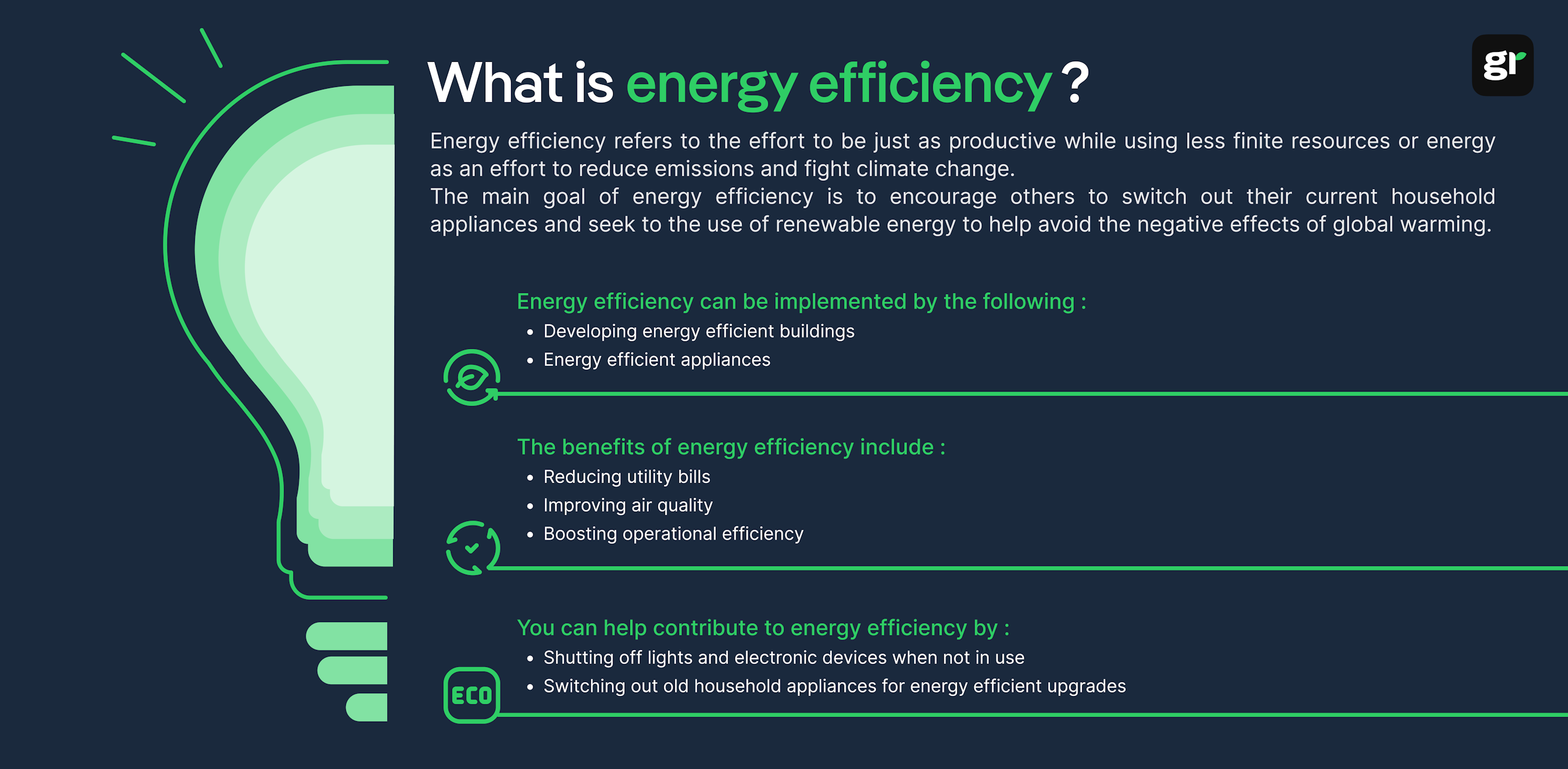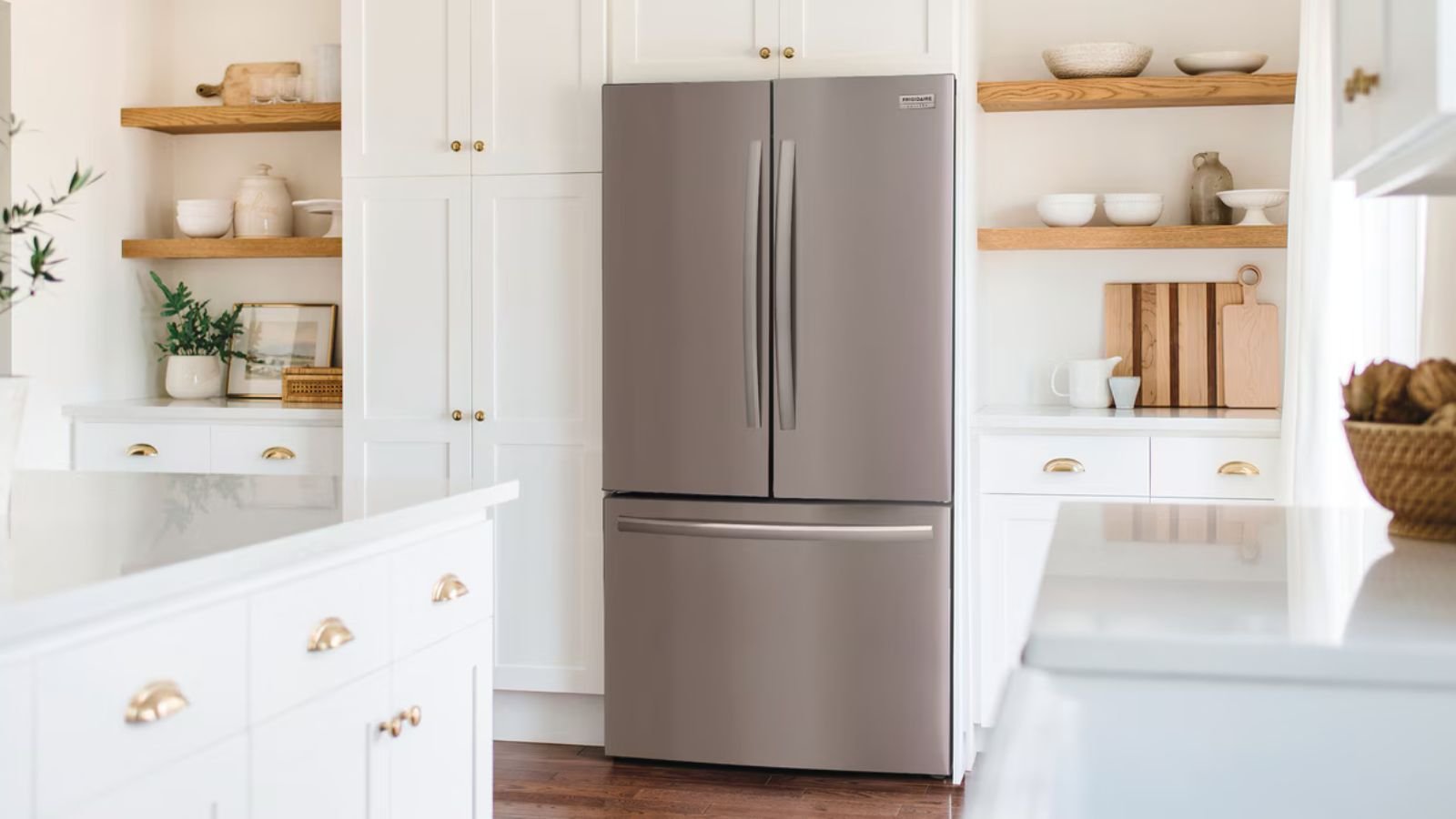Are you tired of high electricity bills and want to make your kitchen more efficient? Choosing the right energy-saving kitchen appliances can save you money and help the environment.
But with so many options, how do you know which ones are truly worth it? This guide will help you understand what to look for, so you can make smart choices that fit your needs and budget. Keep reading to discover simple tips that will make a big difference in your home and your wallet.
Benefits Of Energy-saving Appliances
Energy-saving kitchen appliances help you save money and protect the environment. They are designed to use less energy while performing efficiently.
These appliances include refrigerators, dishwashers, and ovens. Choosing them can provide several benefits for your home and the planet.
Lower Utility Bills
Energy-saving appliances use less electricity. This means you pay less for your utility bills each month.
Using less energy also reduces the strain on your local power grid. This can lead to fewer power outages in your area.
- Save money on electricity costs
- Reduce your monthly expenses
- Help prevent local blackouts
Environmental Impact
Energy-saving appliances produce fewer carbon emissions. This helps reduce your carbon footprint and protect the environment.
By using these appliances, you contribute to a healthier planet. This can lead to cleaner air and water for everyone.
- Lower carbon emissions
- Protect natural resources
- Promote sustainable living
Enhanced Appliance Lifespan
Energy-saving appliances are often made with higher quality materials. This means they last longer and require fewer repairs.
Using these appliances reduces waste by keeping them out of landfills longer. This is good for both your wallet and the planet.
- Longer-lasting appliances
- Fewer repair costs
- Less waste in landfills
Credit: uk.finance.yahoo.com
Key Features To Look For
Choosing energy-saving kitchen appliances helps reduce electricity bills. It also lowers your home’s carbon footprint.
Look for features that show how efficient an appliance is. This guide covers important things to check before buying.
Energy Star Certification
Energy Star is a label that shows an appliance meets energy efficiency rules. It helps you find products that use less power.
Buying Energy Star certified appliances means they save energy without losing performance. These products often cost less to run.
Power Consumption Ratings
Check the power consumption rating to know how much energy an appliance uses. Ratings are often shown in watts or kilowatt-hours.
Lower power consumption means the appliance uses less electricity. Compare ratings between models to pick the most efficient one.
- Look for labels showing energy use per hour or cycle
- Some appliances show yearly energy costs
- Use these ratings to estimate your electricity savings
Smart Technology Integration
Smart appliances use technology to save energy. They can adjust settings based on your habits or the time of day.
These features help reduce waste by running only when needed. You can control them remotely to improve energy use.
- Look for Wi-Fi or app controls
- Check if the appliance has energy-saving modes
- Some smart devices track energy use and suggest savings
Types Of Energy-efficient Kitchen Appliances
Energy-saving kitchen appliances help reduce electricity use. They lower your bills and help the environment.
Choosing the right appliances can make your kitchen more efficient. Learn about common types of energy-efficient options.
Refrigerators
Energy-efficient refrigerators use less power to keep food cold. They often have better insulation and smart cooling systems.
Look for models with ENERGY STAR labels. These fridges keep food fresh while saving energy.
- Use LED lighting inside
- Have adjustable temperature controls
- Use inverter compressors for steady cooling
Dishwashers
Energy-saving dishwashers use less water and electricity. They clean dishes well with shorter or cooler cycles.
Choose models with soil sensors. These adjust the cycle based on how dirty the dishes are.
- Use eco or energy-saving wash modes
- Have efficient water jets
- Include air-dry options instead of heat-dry
Ovens And Stoves
Energy-efficient ovens and stoves use less heat and cook food faster. They keep heat inside better and use smart controls.
Induction stoves save more energy than traditional electric or gas ones. They heat pots directly, not the air around them.
- Choose ovens with good insulation
- Use convection settings for faster cooking
- Consider induction cooktops for better efficiency
Microwaves
Energy-saving microwaves cook food quickly and use less power. They often have sensors to adjust cooking time.
Look for microwaves with inverter technology. These provide steady power and better energy use.
- Use sensor cooking modes
- Choose models with energy-saving standby modes
- Pick sizes that fit your needs to avoid waste
Comparing Energy Usage
Choosing kitchen appliances that save energy helps reduce your bills. It also lowers your home’s environmental impact.
Learning to compare energy use can guide you to better appliance choices. This saves money and power over time.
Reading Energy Labels
Energy labels show how much electricity an appliance uses. They help you compare different models easily.
Look for the energy rating on the label. Ratings with more stars or better grades mean less energy use.
- Check the power consumption in watts or kilowatt-hours
- Note the appliance’s size and capacity on the label
- Look for certifications like Energy Star or EU Energy Label
Estimating Annual Energy Costs
Annual energy costs show how much money you spend each year on an appliance. This helps plan your budget.
Use the appliance’s power use and how often you use it to calculate costs. Multiply kilowatt-hours by your electricity rate.
| Example Appliance | Power Use (kWh/year) | Electricity Rate ($/kWh) | Annual Cost ($) |
|---|---|---|---|
| Refrigerator | 400 | 0.12 | 48.00 |
| Dishwasher | 150 | 0.12 | 18.00 |
| Microwave | 50 | 0.12 | 6.00 |
Understanding Standby Power
Standby power is the electricity an appliance uses when off but plugged in. It can add up over time.
Look for appliances that use less standby power. Unplug devices when not in use to save energy.
- Standby power is often called “phantom load”
- Small devices like coffee makers can use standby power
- Choose models with low standby power ratings
Budgeting For Energy Savings
Choosing energy-saving kitchen appliances helps reduce electricity bills. Planning your budget carefully makes it easier to buy the right products.
Think about the cost of the appliance and how much energy it will save over time. This helps you make smart choices that fit your budget.
Initial Cost Vs Long-term Savings
Energy-efficient appliances often cost more at first. The extra price pays off with lower energy bills later.
Compare how much electricity each appliance uses. Look for models that save energy to reduce costs over years.
- Higher purchase price but less energy use
- Lower monthly electricity bills
- Longer lifespan means more savings
- Calculate payback time before buying
Available Rebates And Incentives
Some governments and utilities offer rebates for energy-saving appliances. These reduce the initial cost and make them more affordable.
Check local programs for discounts or tax credits. Applying for these incentives can lower your upfront spending.
- Government rebates for energy-efficient models
- Utility company discounts and offers
- Tax credits for certain appliances
- Special deals during seasonal promotions
Choosing Durable Models
Durable appliances last longer and need fewer repairs. This saves money and energy over time.
Pick brands known for quality and reliability. A strong warranty can also protect your investment.
- Look for sturdy materials and build quality
- Read reviews about appliance lifespan
- Choose brands with good customer support
- Consider warranty length and coverage

Credit: www.youtube.com
Maintenance Tips To Maximize Efficiency
Choosing energy-saving kitchen appliances helps reduce power bills. Proper maintenance keeps these appliances working well.
Simple care steps can improve your appliances’ efficiency. These tips save energy and extend the appliance’s life.
Regular Cleaning
Cleaning your kitchen appliances often stops dust and grime build-up. Dirt makes machines work harder and use more energy.
Wipe surfaces, clean filters, and remove food debris regularly. This keeps air flowing and parts running smoothly.
- Clean refrigerator coils at least twice a year
- Empty and wash dishwasher filters after each cycle
- Remove crumbs from toaster trays weekly
- Wipe microwave interior to avoid residue build-up
Timely Repairs
Fix broken parts quickly to avoid bigger problems. Small damages can cause more energy use if ignored.
Check for leaks, strange noises, or slow performance. Call a technician or follow the manual to repair issues fast.
- Replace worn-out seals on refrigerators
- Fix oven door gaps to keep heat inside
- Repair dishwasher spray arms to ensure water flow
- Address faulty wiring or switches promptly
Optimal Usage Practices
Using appliances the right way saves energy. Overloading or incorrect settings make appliances work harder.
Follow manufacturer instructions and use the right modes for each task. Turn off appliances when not in use.
- Run dishwashers and washing machines with full loads
- Use eco or energy-saving modes when available
- Set refrigerators between 37°F and 40°F (3°C-4°C)
- Avoid opening oven doors during cooking
- Unplug small appliances if unused for long periods
Smart Shopping Strategies
Choosing energy-saving kitchen appliances can save money and help the environment. Smart shopping helps you pick the best appliances for your needs and budget.
Use simple tips to shop smart. This guide covers timing your purchase, where to buy, and reading customer reviews.
Timing Your Purchase
Buy appliances during sales or holiday seasons to get better prices. Stores often lower prices at the end of the year or during special events.
Planning your purchase can help you avoid paying full price. Watch for discounts on energy-efficient models to save more.
Where To Buy
Choose stores that offer a good selection of energy-saving appliances. Large retailers and specialty stores both have options to compare.
Online shopping can give you more choices and price comparisons. Check the store’s return policy before buying to avoid problems.
- Local appliance stores for personal advice
- Big box stores for competitive prices
- Online shops for wide variety and reviews
Reading Customer Reviews
Customer reviews show real experience with appliances. Look for comments about energy use, durability, and performance.
Pay attention to repeated issues or praise. Reviews help you avoid poor products and find models that save energy well.

Credit: greenly.earth
Frequently Asked Questions
What Are The Best Energy-saving Kitchen Appliances?
The best energy-saving kitchen appliances have ENERGY STAR certification. Look for refrigerators, dishwashers, and ovens with high efficiency ratings. These appliances use less electricity and water, reducing utility bills and environmental impact.
How To Identify Energy-efficient Kitchen Appliances?
Check for the ENERGY STAR label on the appliance. This indicates it meets strict energy efficiency guidelines. Also, compare the EnergyGuide labels for estimated yearly energy use and costs before purchasing.
Are Energy-saving Appliances Cost-effective Long Term?
Yes, energy-saving appliances reduce electricity use and lower utility bills. Though they may cost more initially, savings on energy bills make them cost-effective over time. They also increase your home’s value and reduce environmental impact.
Which Kitchen Appliances Consume The Most Energy?
Refrigerators, ovens, and dishwashers typically consume the most energy in kitchens. Choosing energy-efficient models for these appliances can significantly cut energy use and costs. Regular maintenance also helps maintain their efficiency.
Conclusion
Choosing energy-saving kitchen appliances helps save money and protect the planet. Look for labels that show energy efficiency. Small steps add up to big savings over time. Think about your daily needs and appliance size. Energy-efficient products last longer and use less power.
Start with one appliance and upgrade when you can. A smart choice today leads to a greener tomorrow. Save energy, reduce bills, and enjoy a better kitchen. Simple choices make a real difference every day.
